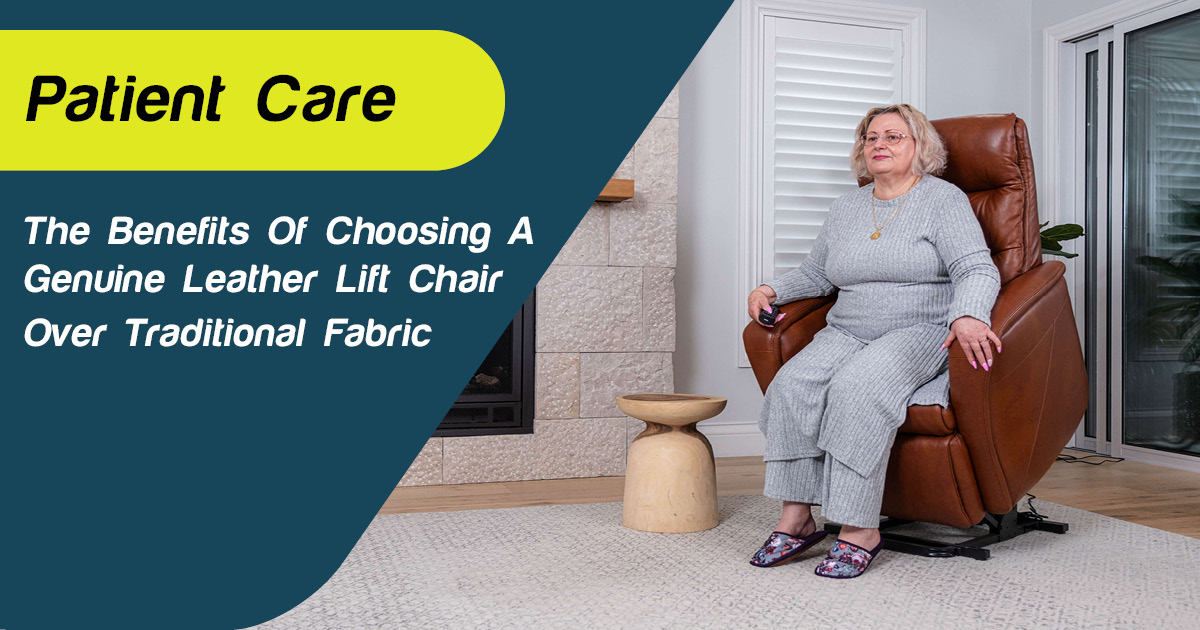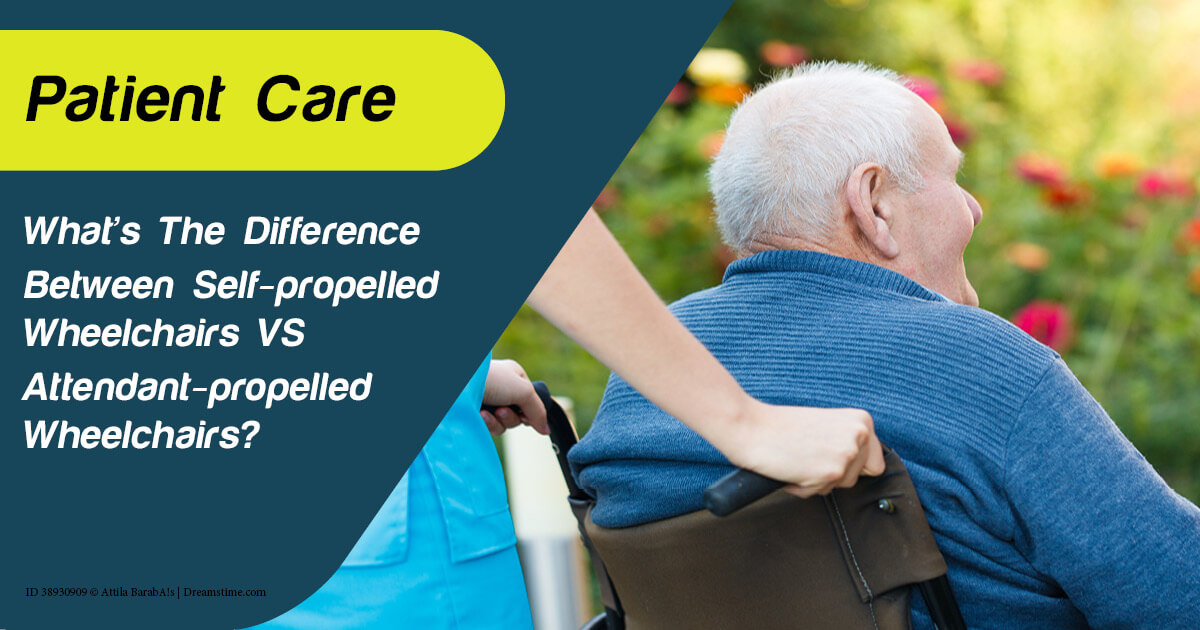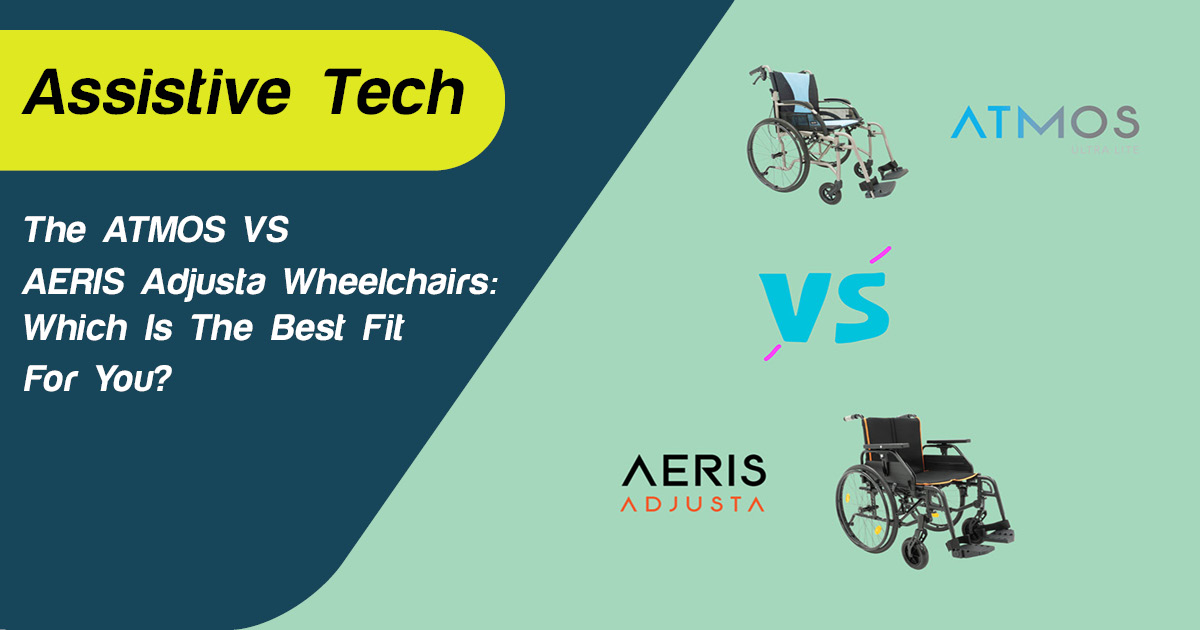
Share
In the world of healthcare, a paradigm shift is taking place — one that places the patient at the heart of the system. Gone are the days of the passive recipient of care, replaced by a collaborative approach that empowers individuals to become active participants in their own health journey — it’s called “person-centred care”.
So, what is person-centred care?
Here, we explore the profound impact of patient-centred care and the fundamental principles that underpin this approach, the reasons why it is gaining momentum, and the tangible benefits it offers to patients, healthcare providers, and the healthcare system as a whole.
1. what is value-based healthcare?

Promoting physical independence is a fundamental aspect of physiotherapy in aged care. As people age, maintaining or regaining their physical independence becomes crucial for overall well-being and quality of life.
Physiotherapy interventions are specifically designed to empower Older Australians and enhance their ability to perform daily activities with greater ease and confidence.
Physiotherapists use a wide range of exercises and techniques to improve mobility, balance, and strength. Through targeted interventions, older people can regain lost functionality, increase their range of motion, and improve their overall physical capabilities. This, in turn, allows them to carry out essential tasks independently, like walking, getting up from a chair, or dressing themselves.
Physiotherapy not only enhances physical well-being but also boosts self-esteem and mental health. Regaining the ability to perform tasks that were once challenging can instil a sense of accomplishment and empowerment, leading to improved confidence and a more positive outlook on life.
The success stories of those who have experienced improved functionality through physiotherapy interventions are inspiring examples of the positive impact of promoting physical independence. These stories highlight the transformative power of physiotherapy in helping Older Australians maintain their autonomy, stay engaged in daily activities, and live a more fulfilling and independent life in aged care.
Value-based healthcare, also known as person-centred healthcare, focuses on the individual needs, preferences, values, and goals of patients. It recognises that everyone is unique and should be actively involved in their healthcare decisions and treatment plans.
In value or person-centred healthcare, the patient is considered an equal partner in their care, and their perspective is valued and respected. The healthcare provider strives to understand the patient's experiences, concerns, and priorities and work collaboratively to develop a personalised care plan that considers their physical, emotional, and social well-being.
Key principles of person-centred healthcare include:
- Respect for the individual: Healthcare providers listen to and value the patient's perspectives, beliefs, and preferences. They treat patients with dignity, empathy, and cultural sensitivity.
- Collaboration and shared decision-making: Patients are actively involved in making decisions about their healthcare. Healthcare providers provide information, explain treatment options, and discuss potential risks and benefits, allowing patients to make informed choices based on their own values and goals.
- Holistic approach: Person-centred healthcare considers the whole person, not just their medical condition. It considers the patient's physical, emotional, social, and spiritual needs, as well as their lifestyle and support systems.
- Continuity and coordination of care: Healthcare providers strive to provide seamless and coordinated care across different healthcare settings. They communicate effectively with patients and other healthcare professionals to ensure that information is shared appropriately and that the patient's care is well-coordinated.
- Empowerment and support: Person-centred healthcare aims to empower patients to actively participate in their own care. It involves providing education, resources, and support to help patients manage their health and make informed decisions.
The person-centred approach recognises that healthcare should not solely focus on the disease or condition but should also consider the individual's values, preferences, and overall well-being. It aims to improve patient satisfaction, engagement, and health outcomes by tailoring healthcare services to each person's unique needs.
WHY IS PATIENT-CENTRED CARE IMPORTANT?

The patient-centred approach is important for several reasons:
- Improved health outcomes: When patients are actively engaged in their healthcare decisions and treatment plans, they are more likely to adhere to their treatments, follow preventive measures, and make positive lifestyle changes. This can lead to improved health outcomes, better management of chronic conditions, and reduced healthcare costs.
- Enhanced patient satisfaction: Patient-centred care prioritises the patient's perspective and values. By involving patients in their healthcare decisions, respecting their preferences, and addressing their concerns, it promotes a sense of empowerment and trust. This can lead to higher patient satisfaction and a better patient-provider relationship.
- Better communication and shared decision-making: Patient-centred care emphasises effective communication between healthcare providers and patients. It encourages open dialogue, active listening, and the exchange of information. When patients are well-informed about their condition and treatment options, they can actively participate in shared decision-making, resulting in treatment plans that align with their values and goals.
- Increased patient safety: In a patient-centred care model, patients are encouraged to actively participate in their care by asking questions, reporting concerns, and providing feedback. This can help identify and prevent medical errors, improve medication safety, and promote a culture of safety within healthcare settings.
- Improved healthcare system efficiency: Patient-centred care focuses on continuity and care coordination. By involving patients in their care planning, healthcare providers can better understand the patient's needs and preferences, leading to more efficient and effective care delivery. It can also help reduce unnecessary tests, treatments, and hospital readmissions.
- Ethical considerations: This approach aligns with ethical principles like autonomy, respect for individual values, and patient dignity. It recognises each patient's intrinsic worth and unique needs and promotes a humanistic approach to healthcare.
Involving patients as active partners in their care can improve health outcomes, greater patient satisfaction, and a more efficient and ethical healthcare system.
3. HOW DISABILITY EQUIPMENT PLAYS INTO VALUE-BASED HEALTHCARE

Disability equipment plays a crucial role in supporting patient-centred healthcare by addressing different needs and improving the quality of life for individuals with disabilities. It recognises that healthcare should extend beyond medical treatments and interventions to encompass the daily functioning and independence of patients with disabilities.
Here are a few ways disability equipment factors into patient-centred healthcare:
- Individualised care: Patient-centred healthcare recognises that everyone has unique abilities, limitations, and requirements. Disability equipment, like mobility aids, assistive devices, or adaptive technologies, can be tailored to the specific needs of individuals with disabilities.
- Improved accessibility: Disability equipment makes healthcare facilities, services, and treatments more accessible for individuals with disabilities. It includes features like ramps, handrails, adjustable examination tables, and accessible medical equipment. By ensuring physical accessibility, healthcare providers create an inclusive environment where individuals with disabilities can receive care without unnecessary barriers or discomfort.
- Prevention of secondary health issues: Some disabilities can put individuals at risk of developing secondary health issues or complications. Disability equipment, like pressure-relieving mattresses and specialised seating systems, can help alleviate these risks.
- Collaborative decision-making: Patient-centred healthcare emphasises shared decision-making and actively involves patients in their care. Healthcare providers should engage patients in discussions about equipment selection, customisation, and usage. Patients become empowered participants in decisions directly impacting their daily lives by including their perspectives and preferences.
- Assistance for support workers: Disability equipment benefits patients and support workers alike. By providing appropriate equipment, like patient lifts, transfer aids, or home modification adaptations, support workers' physical strain can be reduced, improving their ability to provide care effectively and reducing the risk of injuries.
Overall, by incorporating tailored equipment into care plans, healthcare providers can empower patients, enhance their functionality, and foster inclusivity within healthcare settings.
Get the right equipment to deliver patient-centred care online at active mobility
It’s important to recognise that patient-centred care is not just a buzzword or a passing trend. It represents a fundamental shift in how we perceive and deliver healthcare, placing the patient firmly at the centre of the equation. It is a call-to-action for healthcare providers, policymakers, and society as a whole to embrace a new way of thinking and working together.
At Active Mobility, we support the patient-centred care model and stock equipment to make healthcare more accessible. Shop a wide range of disability equipment and patient care products online for fast, convenient shipping nationwide.









